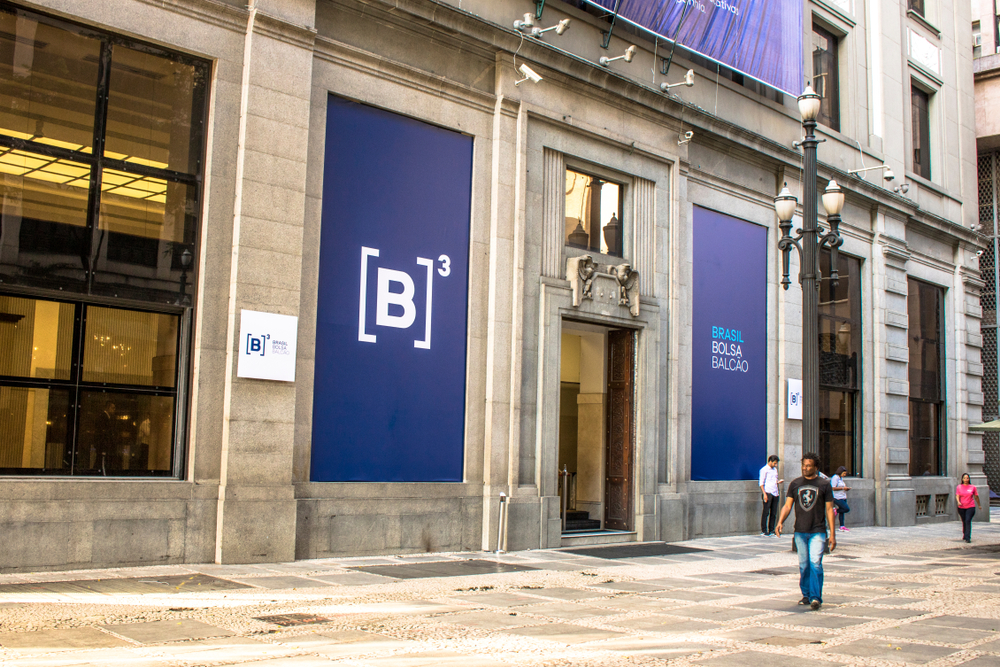M. Dias Branco, a leading Latin American biscuit producer, announced the closure of its factory in Lençóis Paulista, São Paulo, on January 6, 2025. This decision will affect nearly 500 employees.
The company plans to transfer production from this facility to its other plants across Brazil, citing the need for greater operational efficiency, cost reduction, and faster product delivery to remain competitive in the market.
The factory in Lençóis Paulista has a long history. Originally established in 1960 under the Zabet brand, it was acquired in 1997 by Socma, a conglomerate owned by the family of former Argentine President Mauricio Macri.
In 2003, M. Dias Branco purchased the facility as part of its expansion strategy. This acquisition also included brands like Adria, Isabela, and Basilar, solidifying M. Dias Branco’s position as the largest biscuit producer in Latin America.
The company currently operates 21 production units across nine Brazilian states, including São Paulo, Bahia, Ceará, and Rio de Janeiro. It stated that streamlining operations through this closure aligns with its broader strategy.
 Nearly 500 Workers Laid Off as M. Dias Branco Shifts Production. (Photo Internet reproduction)
Nearly 500 Workers Laid Off as M. Dias Branco Shifts Production. (Photo Internet reproduction)M. Dias Branco’s Strategic Restructuring
This strategy focuses on modernizing industrial facilities and adopting advanced technologies. Despite the layoffs, M. Dias Branco emphasized its commitment to mitigating the impact on affected employees.
The company negotiated with labor unions to offer a comprehensive severance package that includes professional training programs aimed at helping workers re-enter the job market.
Founded in 1953 by Manuel Dias Branco, the conglomerate has grown into a major player in Brazil’s food industry. Its portfolio includes well-known brands such as Vitarella, Richester, Fit Food, Frontera, and Smart.
The company also trades publicly on Brazil’s B3 stock exchange. M. Dias Branco highlighted its ongoing investments in innovation and workforce development over the past two decades at the Lençóis Paulista facility.
However, it framed this closure as part of a planned effort to optimize its production capacity while maintaining high-quality standards for consumers. The company reaffirmed its readiness to face market challenges and continue delivering premium products and services.
By consolidating operations into fewer locations, M. Dias Branco aims to strengthen its competitive edge while navigating the evolving demands of Brazil’s food sector.

 By The Rio Times | Created at 2025-01-10 09:27:34 | Updated at 2025-01-15 09:47:25
5 days ago
By The Rio Times | Created at 2025-01-10 09:27:34 | Updated at 2025-01-15 09:47:25
5 days ago








